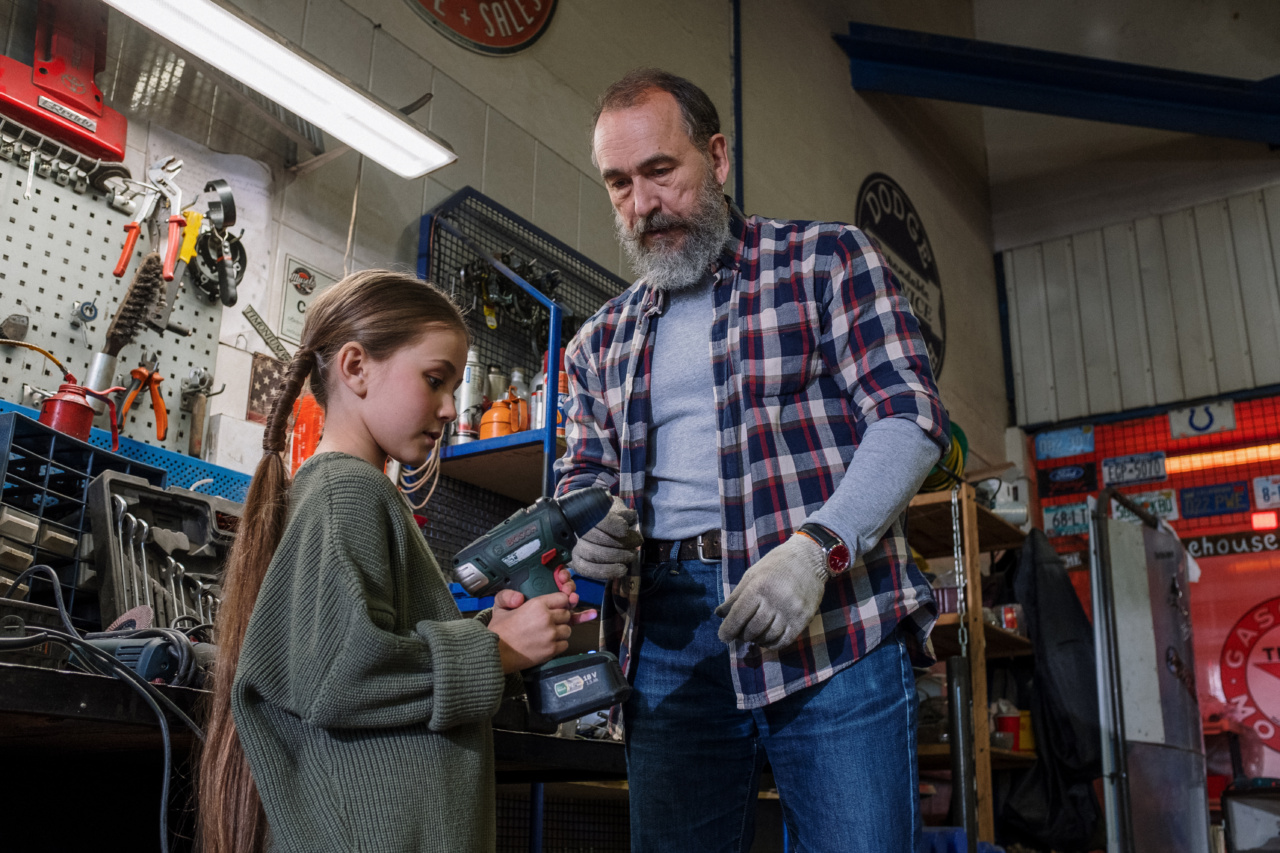Parenting is a multifaceted journey that has the power to transform not only the lives of the children being raised, but also the lives of the parents themselves.
It is a role that demands a great deal of responsibility, patience, and unconditional love. However, amidst the daily challenges, sleepless nights, and countless sacrifices, parenting has the potential to be a truly transformative experience that shapes us into better individuals and enhances our overall personal growth.
Enhancing empathy and compassion
One of the remarkable ways in which parenting can be transformative is by enhancing empathy and compassion within individuals. When we become parents, we develop a deep understanding of the needs, emotions, and vulnerabilities of our children.
This newfound empathy extends beyond our own flesh and blood and often spills over into our interactions with other children and even adults. The responsibility of nurturing and caring for another human being instills a heightened sense of compassion within us, teaching us to be more understanding and considerate towards others.
Uncovering strengths and weaknesses
Another transformative aspect of parenting is the process of uncovering our own strengths and weaknesses. Parenthood brings forth new challenges that push us out of our comfort zones and forces us to confront our limitations.
It presents us with situations that test our patience, resilience, and problem-solving skills. Through this journey, we discover hidden strengths and talents we never knew we possessed. Simultaneously, parenthood also exposes our weaknesses and areas we need to work on, motivating us to grow and become better versions of ourselves.
Fostering personal growth and self-reflection
Parenting provides a unique opportunity for personal growth and self-reflection. As we guide our children through life’s various stages, we are often confronted with our own unresolved issues and past traumas.
In order to create a nurturing and supportive environment for our children, we are compelled to confront and heal our own wounds. This process of self-reflection allows us to grow emotionally, mentally, and spiritually. It pushes us to break unhealthy patterns and make positive changes in our own lives.
Teaching patience and resilience
One of the greatest lessons that parenting imparts is the value of patience and resilience. Raising children involves dealing with an array of challenging situations, from temper tantrums to teenage rebellion.
It requires immense patience to navigate through these moments without losing our cool. Through the ups and downs of parenting, we learn to persevere and bounce back from setbacks, developing resilience that can be applied to various aspects of our lives.
Instilling a sense of purpose and responsibility
Parenting instills within us a profound sense of purpose and responsibility. Being entrusted with the well-being and development of another human being compels us to take our role seriously.
It gives us a sense of direction and drives us towards creating a better future for our children. This newfound purpose also extends to the wider world, as many parents feel a calling to contribute to society and make it a better place for all children.
Reevaluating priorities and values
When we become parents, our priorities and values often undergo a significant reevaluation. The superficial pursuits and materialistic aspirations that once held our attention may fade away.
Instead, we become deeply invested in the emotional well-being, happiness, and success of our children. Parenting helps us recognize the importance of nurturing loving relationships, fostering personal growth, and embracing core values such as empathy, kindness, and integrity.
Embracing continuous learning
Parenting is an ongoing learning experience, and with each passing day, we acquire new knowledge and insights.
From researching child development to staying updated with the latest educational methods, we are constantly expanding our understanding to provide the best possible upbringing for our children. This commitment to learning extends beyond their childhood years, as we find ourselves adapting to the changing needs and challenges of each life stage.
Cultivating gratitude and mindfulness
Having the privilege of being a parent often leads to increased gratitude and mindfulness. In moments of exhaustion or frustration, we are reminded of the immense gratitude we feel for having children in our lives.
This gratitude fuels our determination to overcome obstacles and cherish the precious moments. Additionally, parenting teaches us to be more mindful and fully present in our interactions with our children. It heightens our awareness of the fleeting nature of time and encourages us to savor the little joys and milestones along the way.
Building resilience in children
While parenting transforms us as individuals, it also plays a crucial role in shaping the personalities and resilience of our children.
The love, guidance, and support they receive during their formative years lay the foundation for their future well-being. As parents, we have the power to instill confidence, empathy, and resilience in our children, equipping them with the tools necessary to navigate the challenges they will inevitably face in life.
Creating a legacy of love and compassion
Ultimately, parenting is an opportunity to create a lasting legacy of love and compassion. The lessons, values, and memories we impart to our children have the potential to ripple through generations, influencing the world long after we are gone.
By nurturing emotionally healthy, empathetic, and compassionate individuals, we contribute to a kinder and more harmonious society.
In conclusion
Parenting is a profoundly transformative journey that shapes us into better versions of ourselves. It enhances our capacity for empathy, uncovers our strengths and weaknesses, fosters personal growth, and teaches us patience and resilience.
It instills within us a sense of purpose and responsibility, and forces us to reevaluate our priorities and values. Parenthood also cultivates gratitude, mindfulness, and continuous learning. Ultimately, through the transformative power of parenting, we have the ability to positively impact our children and contribute to a better world.





























